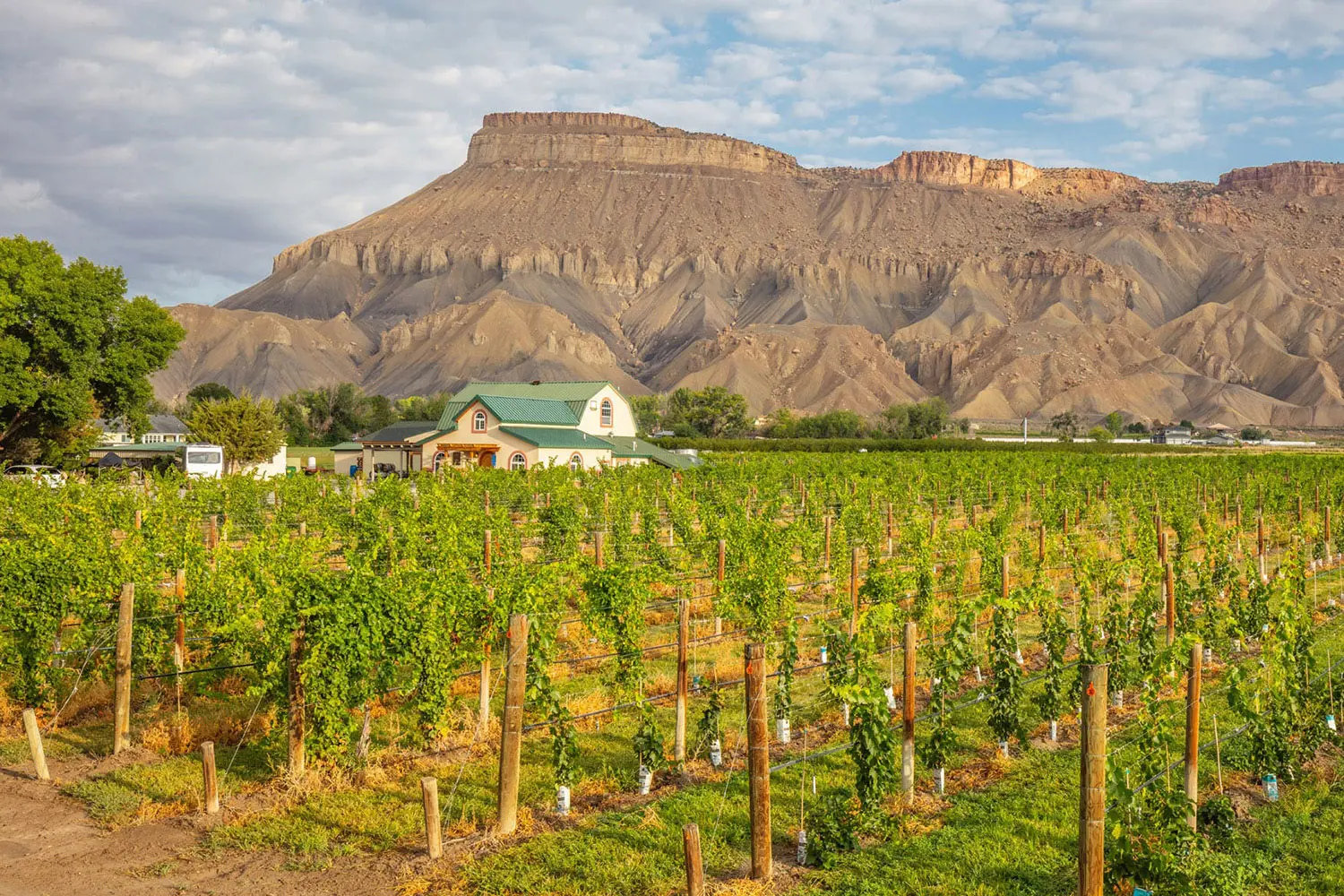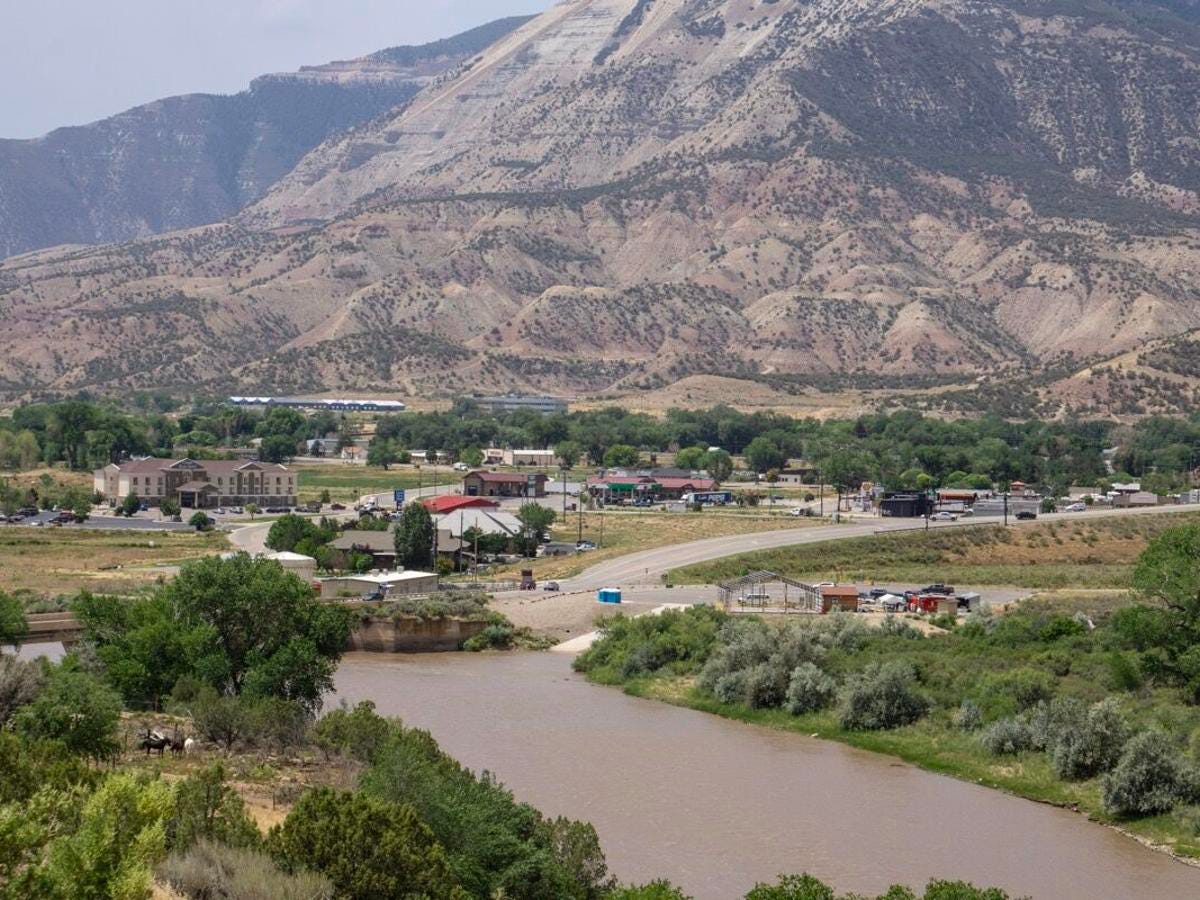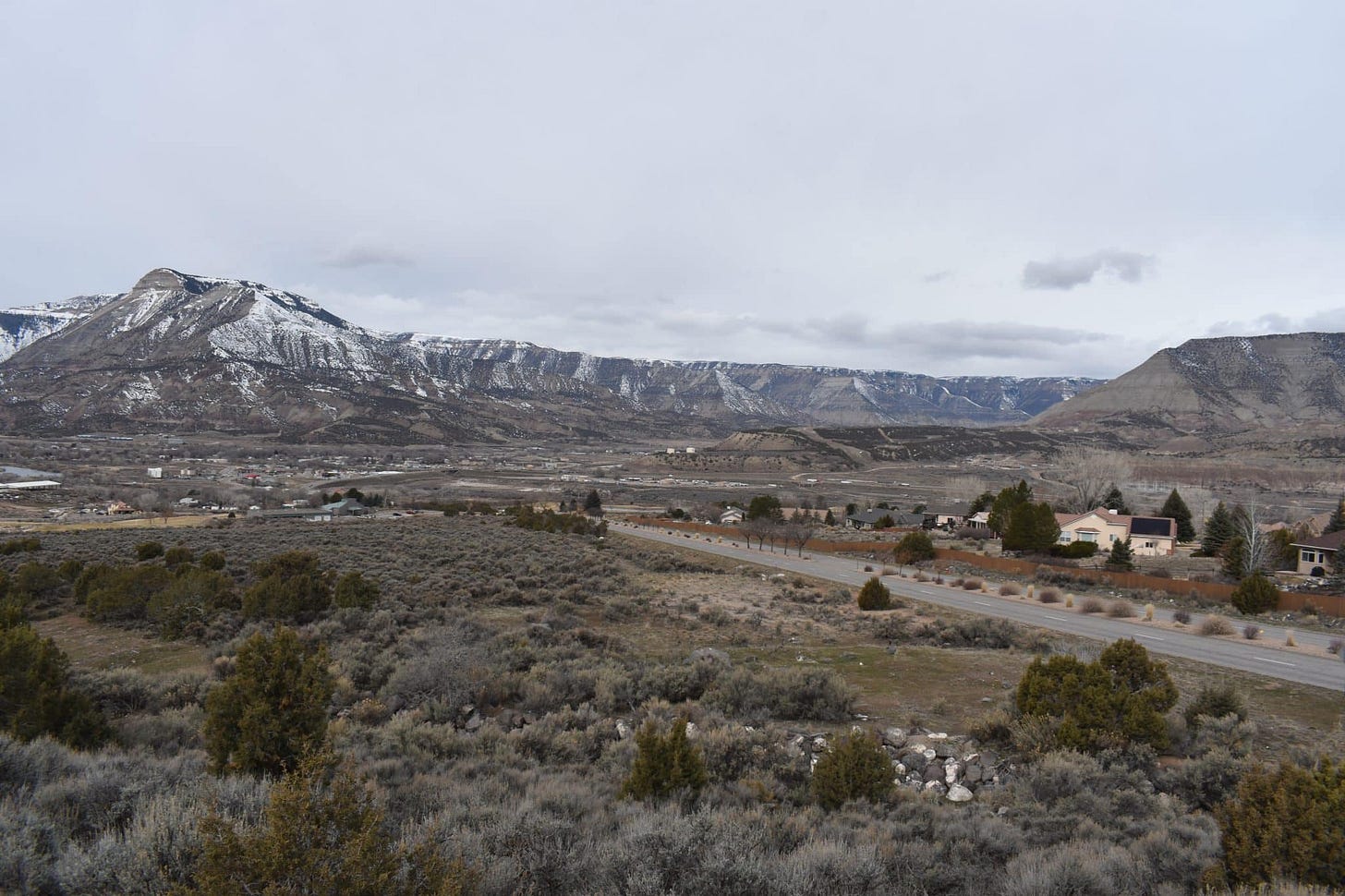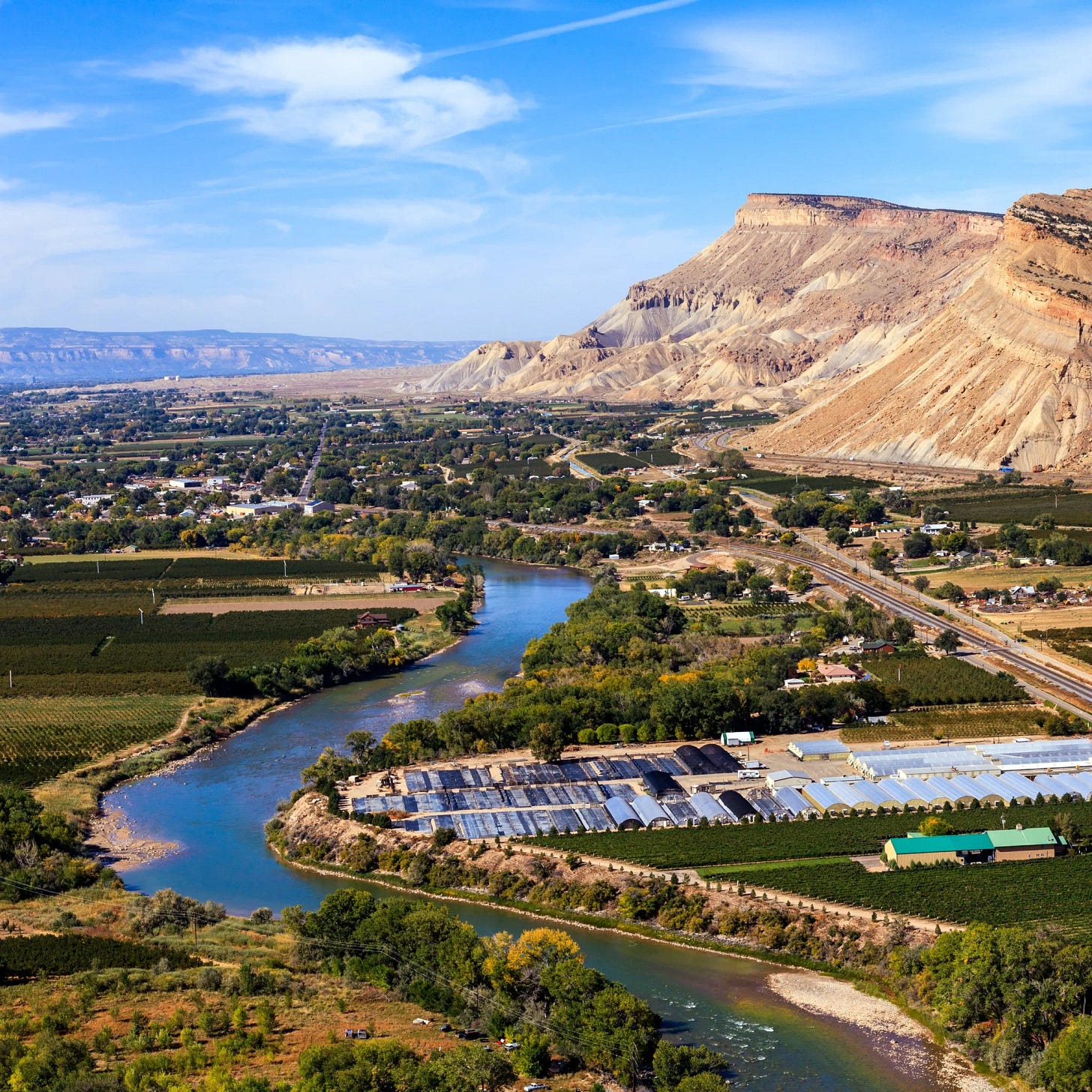Safety in Wonders
I sat, stunned. I was capsule 32 pulled from the container, which meant my future was not a job or graduate school, or a year spent traveling, but was, instead, a trip to the induction center in Detroit and then likely Fort Knox, Kentucky, to undergo basic training and learn to shoot a gun.

"There are some things that cannot be learned quickly, and time, which is all we have, must be paid heavily for their acquiring." - Terry and Renny Russell, from their book, “On the Loose.”

I was relying on luck. I do not know where my siblings were, but my parents, I am certain, were at work that July morning in 1970. I sat alone in front of the old black and white Zenith TV as it rolled horizontally and flickered. A man in a suit walked up to a container filled with capsules, each one containing a curled piece of paper. The slip, when unrolled, revealed a date of the year, and if you were born on that day in the specified year, you were suddenly about to depart your home for the U.S. military, and likely combat in the jungles of Vietnam. These were the real-life “Hunger Games” of my generation. We hoped to draw a figure higher than 175, which increased the odds the Selective Service would not need our lives and hopeful youth for a meaningless war.
When my number came up, I sat in stunned silence. No one would have heard me scream, though that was my restrained emotional response. I was capsule 32 pulled from the container, which meant my future, after graduation from college, was not a job or graduate school, or a year spent traveling, but was, instead, a trip to the induction center in Detroit for a physical and then likely Fort Knox, Kentucky, to undergo basic training and learn to do something I had never done, which was shoot a gun. I did not move from the couch. Morning light came through the living room window and I saw dust motes floating in the air and was waiting for reality to return and relieve me of this momentary horror.
I am not certain how long I remained motionless and alone in that living room. Other numbers were pulled by the government functionaries on TV and more lives were rendered into military assets instead of youthful aspirations. Eventually, I went out and ran mile laps around our little neighborhood and began to more seriously contemplate my end. I immediately decided I would not serve, even if it meant moving to Canada to live around my mother’s family in Newfoundland; I would, at least, still be alive. I had already been active in the anti-war movement and had hitchhiked to Washington, D.C. for a protest march and had handed out pamphlets in our hillbilly neighborhood informing people of the conflict’s injustices. The next logical step was to resist.
I think I had more courage to avoid the draft than to carry a gun through the jungle, though both offered dark prospects for a young man. A nylon backpack with an aluminum frame, which I had ordered my freshman year in college, had arrived, and I began planning to fill it with clothes and other necessities, developing a vague idea to travel west. If I had to, eventually, die for my country, I wanted to get a sense of what it looked like in my short time walking in the world. When I told my mother of my intentions, she initially did not believe me, and the day I stood outside her backdoor to say good-bye, she clung to the frame of my pack, crying, and did not want to release me. Turning from her tears was more painful than anything I could remember but I walked off through the neighbor’s hedgerow, jumped a fence, and stood on the shoulder of Hill Road with my thumb pointing toward California.
I had never been west of Lansing and had only seen the capital city after a high school track meet. Every mile traveled from that point was new to me, and even then I thought there was nothing finer than being young and moving through unknown landscapes and cities and towns and just watching the world roll past a highway marker. The first time I glanced Lake Michigan was from the back of a pickup truck in the dismal factory town of Gary, Indiana, and the impossible water seemed as if it reached to the palisades of the Pacific. I slept that night beneath an overpass next to a truck stop and heard a hard rain falling on the concrete above me and the eighteen-wheelers’ brakes hissing in the darkness. I fell asleep with my head on my pack and did not remember ever being as excited about anything that had happened in my life, joyous about the notion that I would get up in the morning, not knowing where I might go or what the day’s travel would offer.
I crossed most of Kansas on I-70 with a trucker hauling refrigerators to San Francisco but jumped out near Goodland when he stopped for the night. He was not a conversationalist and I wondered why he had offered the ride. I walked down the shoulder of the interstate just past the exit then climbed a fence to unroll my sleeping bag in a wheat field, which meant mostly sleeplessness listening to the traffic rumble past like a motorized river. In the morning, I rode with a driver pulling a trailer load of lumber to Denver and I still remember getting my first long view of the Rocky Mountains on the highway somewhere west of Limon. I wondered, initially, if we were approaching a dark storm low against the far earth but was told that’s how the mountains always looked at that distance.
“Your first time, eh, to see them?” the driver asked. Middle-aged and balding with smiling eyes, he, momentarily, made happiness seem possible in the mundane.
“Yeah, never been out here.”
“Well, I come this way about once a month and have been for several years and I never get tired of seeing them,” he said. “Always exciting.”
“I bet it is.”
The rest of the way up over the divide was a series of short lifts by curious locals who wondered what I was doing on the road alone, which seemed an odd inquiry since people my age were standing by highways all across America holding signs and thumbing and pleading for any kind of transport. I remember getting my first glimpse of the Colorado River roaring down from the snow caps just past Eagle and then pacing it in an old Volkswagen through Glenwood Canyon. The water seemed to move faster than the camper van in which I was sitting and I fretted the driver was more interested in the scenery than the road curving out front. I was dropped off in a town named Parachute, quiet enough that the mighty river was audible on some of its narrow streets.

I walked toward the water, which was reflecting long rays of the ending day between downriver canyon walls. A grassy spot felt as soft as most beds I had ever known and was just above a sandbar where the water course had carved a bend. Traffic noise up on the interstate was imperceptible over the sound of a great river pushing against smooth boulders that were standing up waves. I ate an apple and a bag of peanuts from my pack and lay back to watch the stars tangle with the night sky and whirl slowly above my head. I fell to sleep with the comforting realization three days had passed without me contemplating my mortality or the needless harms being inflicted by my country upon people who had done us no wrong.
Almost exactly ten years later I was back in Parachute to visit a nearby oil shale mine, a rectangular shaft driven 1200 feet into the ground. Interior Secretary James Watt had come to Colorado to assess the state’s oil shale reserves and I was a correspondent for a TV station in Denver. We rode a platform down to what felt like the innards of the earth as a technician explained how the entire vertical mine would be set explosively to flame and the heat would draw the oil out of the shale and it would be collected from the floor of the excavation. The Exxon Corporation was sufficiently excited by the prospects of oil shale to begin building a billion-dollar town on the other side of the Colorado called Battlement Mesa. There were to be homes and grocery stores and shops and parks and thousands of people drawn to the rugged West to make a life, setting stone to flame. Unfortunately, the price per barrel never sustained figures to make oil shale development economically viable, and the years turned Battlement Mesa into a marginally obscure village with a great view.

In the morning after sleeping by the river, I took a bracing dip in the cold, rushing water, and went back up to the highway shortly after sunrise. A peach grower gave me a ride to his farm near Orchard Mesa and I could look down from the rows of his fruit trees to the spot where the Gunnison River joined the Colorado and spread life across the valley. I thought about looking for a job in Grand Junction, the geographically isolated town that had grown up where the rivers met. The community was friendly to pedestrians and streets were marked with family businesses, restaurants, and shops, and trees lined the downtown sidewalks. Maybe war and the draft could not find me living a poet’s life on the edges of the high desert where the alpine forests fall back to the east. I did not stay, though, because I was drawn further into the West and its misleading and seductive obscurities.

These places have always attracted me as if there were something politically curative about the air and the epic horizons where the earth and the sky merge in crooked beauty. They do nothing but exist and can almost feel like a palliative for the country when it is reeling with absurd ministrations. A hiking trail along the Green River made me feel hopeful on that session of wandering and I went across the Red Rock to Monument Valley and down to the Grand Canyon’s North Rim. Nothing prepares the human consciousness for the initial viewing of the wondrous expanse and colors and the high winds singing in the ponderosas. Without thinking, I let the canyon lure me into hiking down Bright Angel Trail with little to eat in my pack and an old Boy Scout metal canteen for water. I slept again on a sandbar that night near a suspension bridge and felt a nodding assurance from the sound of the river that in another million years the scene where I lay would be mainly unchanged and the power of the river would have remained ceaseless.
That trip was prompted by more than politics. I had come across the Russell brothers’ book, “On the Loose,” and was inspired to seek out wild country and distant gatherings. I continue to go back to their book of verse and photography and their exploration of the American wilderness. The open country gave them perspective even as the country felt like it was coming undone. Mountains and deserts and high mesas and alpine forests have a permanence that can transform matters of seemingly political import into profoundly ignorant instances. The Russells took their comfort in their own insignificance, as do I. "Here,” the brothers wrote, “was a world older than man, older than any idea of man, older than any god, a world that will still be here when all memory of man is gone."
Perhaps it is true that “the earth abideth forever,” but what of man and his foolish scratchings in the dirt? How much ruin will we allow before our exit?